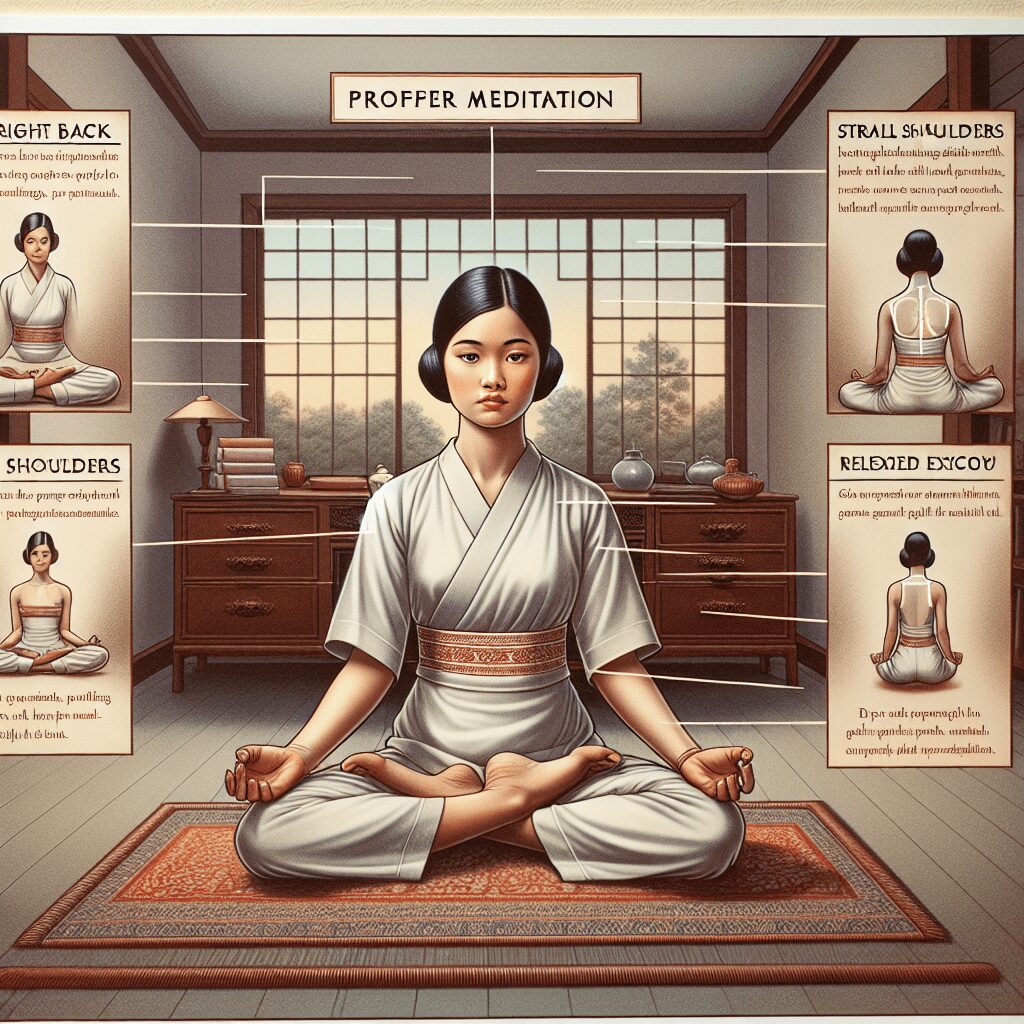
Prioritize your mental well-being daily. Enhance your life by nurturing your mental health with the Smart Meditation app. Break free from stress, alleviate anxiety, and enhance your sleep quality starting today.
Can Antidepressants And Alcohol Kill You?
Mixing Potions: The Perilous Cocktail of Antidepressants and Alcohol
In the kaleidoscope of health and wellness, the intersection where antidepressants collide with alcohol often raises both eyebrows and questions. This isn’t merely a topic whispered in the corridors of clinics and bar rooms but a significant concern echoed by healthcare professionals and patients alike. Why? Well, it’s akin to mixing fire and water and expecting a cozy campfire – the results can be unpredictable, hazardous, or sometimes, downright lethal.
Unraveling the Mix: Antidepressants Meet Alcohol
Antidepressants, the knights in shining armor for those battling the dragon of depression, work by tweaking the delicate balance of neurotransmitters in the brain. These biochemical messengers—think serotonin, dopamine, and norepinephrine—have the tall order of regulating mood, emotions, and overall happiness. Now, enter alcohol, the oft-turned-to liquid solace that has a knack for blurring woes and cares, at least momentarily. But here’s the rub: Alcohol is also a central nervous system depressant. So, when antidepressants are doing their uplift dance, alcohol crashes the party with a downbeat.
The Risks: Playing with Fire
Mixing antidepressants and alcohol isn’t a game of Russian roulette, but it’s perilously close. Here’s why:
-
Amplification of Side Effects: Antidepressants come with their caravan of side effects—drowsiness, dizziness, and nausea, to name a few. Pour alcohol into the mix, and these effects can amplify, leaving you more inebriated or impaired than you’d normally be.
-
A Double-Edged Sword for Depression: While antidepressants aim to lift you from the pits of despair, alcohol essentially does the opposite in the long run. Regular drinking can exacerbate depression symptoms, making it a counterproductive tag team.
-
Interference with Medication: Alcohol can mess with how medications are metabolized in your body, potentially rendering your antidepressants less effective. It’s like trying to fill a bucket with water while someone else is punching holes in the bottom.
-
The Ultimate Danger – Overdose: In the direst scenarios, combining alcohol with certain antidepressants, particularly sedatives, can lead to an overdose. This tragic outcome is usually due to respiratory depression, where breathing becomes so shallow or slow that it stops altogether.
Navigating the Waters: Can You Safely Mix the Two?
The golden rule? If you’re on antidepressants, it’s best to hold off on alcohol. However, we live in a world painted in shades of gray, not black and white. Some folks might not feel the impact as heavily as others. Here’s the kicker, though: the risk isn’t worth the temporary reprieve or buzz. Discussing your specific medication and lifestyle with a healthcare professional can give you a clearer map of what’s safe and what’s not.
- Dialogue with Your Doctor: Transparency with your healthcare provider is your best defense. They can offer tailored advice based on your medication and health status.
- Awareness and Moderation: If avoiding alcohol entirely isn’t on your cards, knowing your limits and monitoring your body’s response when you do indulge can help mitigate risks.
- Support Systems: Relying on a strong support network can ease the temptation to lean on alcohol and ensure you’re not navigating these waters alone.
The Final Pour
Treading the line between antidepressants and alcohol requires a mix of caution, knowledge, and open dialogue with health professionals. While life often serves a cocktail of challenges, mixing it with alcohol when on antidepressants could tilt the scales towards danger. Keeping the communication channels open, understanding the risks, and leaning on support can guide you through safely. Ultimately, the choice to mix or not to mix should be informed, mindful, and, whenever possible, erring on the side of caution.




